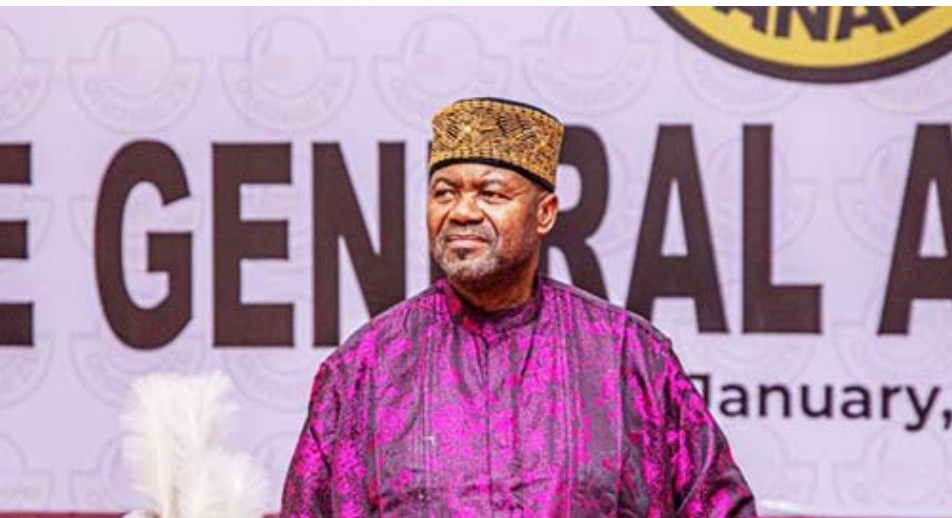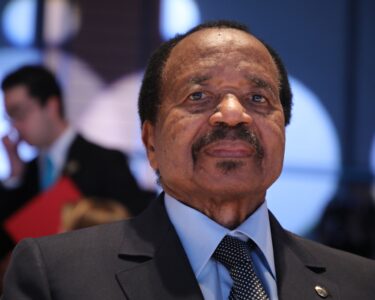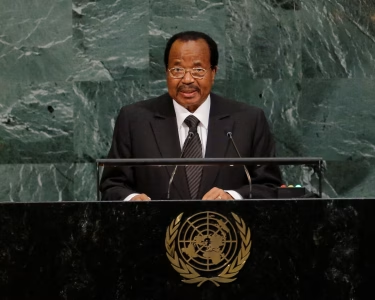Senate bill to elevate Ooni and Sultan
Controversy erupts over monarchs’ permanent co-chairmanship of Traditional Rulers Council
Summary
- Ohanaeze Ndigbo Worldwide has vehemently opposed a Nigerian Senate bill seeking to designate the Ooni of Ife and the Sultan of Sokoto as permanent co-chairmen of the National Council of Traditional Rulers
- The organisation, alongside the Middle Belt Forum (MBF) and Hausa stakeholders, criticises the bill as discriminatory, ethnocentric, and a violation of constitutional principles of fairness and federal character
- Critics argue the bill marginalises other ethnic nationalities and historical monarchies, warning of potential boycotts and threats to national unity
- The bill, sponsored by Senator Simon Bako Lalong, has ignited a widespread debate on ethnic representation and the role of traditional rulers in Nigeria’s governance structure
Abuja, Nigeria – A contentious bill currently under review by the Nigerian Senate is drawing sharp criticism from major socio-cultural and regional groups across the country. The proposed legislation, which seeks to permanently designate the Ooni of Ife and the Sultan of Sokoto as co-chairmen of the National Council of Traditional Rulers of Nigeria, has passed its second reading as of March 2025 and is now being scrutinised by the Senate Committee on Establishment and Public Service.
Ohanaeze Ndigbo Worldwide, a prominent Igbo socio-cultural organisation, has been at the forefront of the opposition. Dr. Ezechi Chukwu, Ohanaeze’s National Publicity Secretary, unequivocally described the bill as “discriminatory, ethnocentric, and unjust,” asserting that it disregards Nigeria’s rich ethnic diversity, cultural sensitivity, and geopolitical balance.
Ohanaeze has issued a strong call for the bill’s immediate withdrawal and a comprehensive revision to ensure inclusive governance and equitable representation, stressing that such fundamental changes are vital for fostering national unity and maintaining social stability.
The concerns are not isolated to the Southeast. The Middle Belt Forum (MBF) has also voiced its firm rejection of the bill, particularly opposing the elevation of the Sultan of Sokoto. The MBF grounds its objections on historical, cultural, and constitutional considerations, arguing that the Sokoto Sultanate is historically younger than ancient Middle Belt monarchies such as the Kwararafa Confederacy and the Nupe Kingdom.
Furthermore, they contend that the Sultan’s primary role as a religious leader for Muslims makes his permanent leadership in a constitutionally secular council inappropriate. The MBF has issued a stark warning that the passage of this bill could lead to a boycott by ethnic groups within the Middle Belt region.
Adding to the chorus of dissent, Hausa stakeholders and other Northern groups have also criticised the bill as ethnically biased and historically misleading. They point out that it overlooks the traditional significance of other regions and risks promoting ethnic favouritism.
Critics from these quarters argue that solely recognising the Sultan and Ooni marginalises numerous other ethnic groups and disregards historical realities, such as Daura being the true cradle of Hausa kingship, not Sokoto.
The sentiment of widespread disapproval is echoed across social media platforms, with posts on X describing the bill as discriminatory and a direct threat to national unity, reinforcing Ohanaeze’s call for its immediate withdrawal.
Sponsored by Senator Simon Bako Lalong, the bill has undeniably ignited a fervent national debate about ethnic representation and the precise role of traditional rulers within Nigeria’s modern governance framework. Critics are united in their demand for a more inclusive approach that genuinely reflects the country’s multi-ethnic and diverse traditional heritage.
The ongoing deliberations in the Senate committee will be closely watched as the nation grapples with with the bill’s deeply rooted cultural and constitutional implications.







